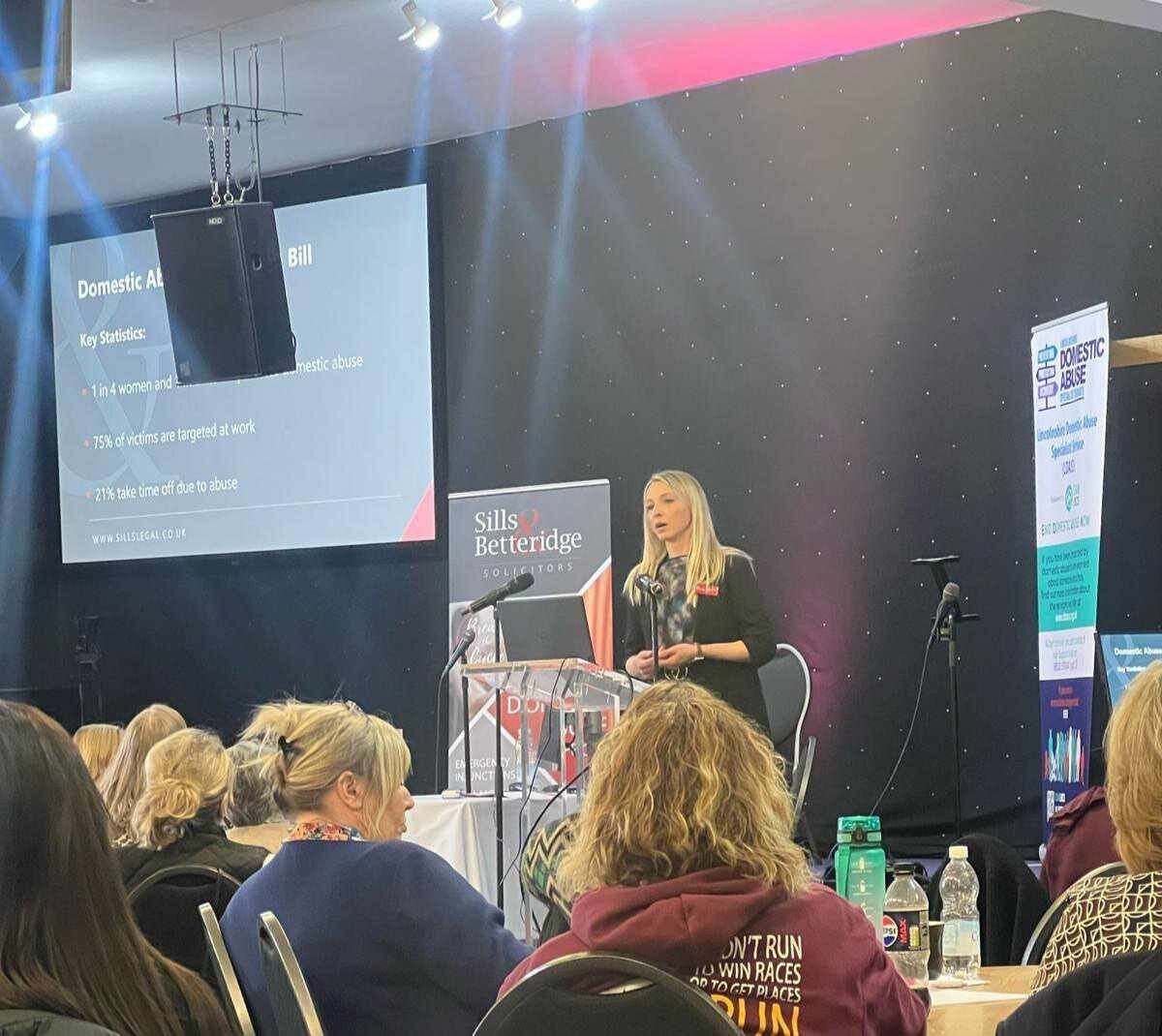
- 11 Apr 2025
- Law Blog
- Employment Law
The Domestic Abuse (Safe Leave) Bill aims to offer essential assistance to employees experiencing domestic abuse. This article examines the Bill’s objectives, its importance, and how businesses can prepare to support affected employees.
The Domestic Abuse Act of 2021 defines domestic abuse broadly and includes physical, sexual, emotional, psychological and financial abuse, along with violent or threatening behaviour. It covers abuse between partners, family members and those who share children - and applies to both isolated incidents and ongoing patterns of abuse. The law recognises that domestic abuse is not just physical violence but also emotional and psychological harm.
Statistics illustrate the widespread nature of domestic abuse in the UK:
- 1 in 4 women and 1 in 7 men will experience domestic abuse.
- 75% of victims are targeted at work.
- 21% take time off work due to abuse-related issues.
Domestic abuse can lead to health problems like depression, sleep disorders and physical pain, which will no doubt impact performance at work. Addressing these issues will therefore not only support victims of domestic abuse, but will also help businesses maintain productivity and reduce absenteeism.
The Domestic Abuse (Safe Leave) Bill
The Domestic Abuse (Safe Leave) Bill proposes up to 10 days of paid leave for employees affected by domestic abuse. This leave could be used to deal with matters related to domestic abuse, such as attending police interviews, seeking safe housing or attending legal and medical appointments. Currently, victims must use annual or sick leave for such matters, unless employers offer additional paid leave.
The Bill’s goal is to alleviate the financial strain on victims, allowing them to address their situation without sacrificing their income. Countries like Ireland, New Zealand, Canada, and Australia have similar policies and larger businesses have already introduced voluntary paid leave for domestic abuse victims.
Introducing paid leave will have financial implications for employers, who must budget for up to 10 days of paid time off. However, investing in employee well-being can lead to better retention, higher productivity and a more engaged workforce.
Although the Bill is not expected to pass its second reading until June 2025, employers are encouraged to start preparing by implementing supportive measures, whether or not the legislation becomes law.
How Employers Can Support Employees
Even before the Bill is enacted, employers can take several steps to support employees dealing with domestic abuse:
Develop Policies and Procedures: Employers should create clear policies outlining the right to leave for domestic abuse, how requests will be handled and what support is available. This might include providing a safe space for calls or even changing an employee’s phone number if they are being harassed at work.
- Raise Awareness Among Managers and HR: Managers and HR staff should be trained to recognise signs of abuse and handle requests with sensitivity and confidentiality.
- Ensure Confidentiality: It’s crucial to protect the privacy of employees who disclose abuse. This includes recording absences separately and keeping employee files password protected and secure.
- Foster a Safe and Supportive Workplace: Employers should create an empathetic work environment that encourages employees to seek help without fear of judgment or repercussions.
The Domestic Abuse (Safe Leave) Bill aims to provide essential support for victims of domestic abuse, ensuring they don’t have to choose between their safety and their job. For businesses, implementing proactive measures to support affected employees can improve retention, reduce absenteeism and create a safer, more supportive workplace culture. By preparing in advance, employers can demonstrate their commitment to the well being of their staff and help foster a positive shift in addressing domestic abuse.
For more information or advice please contact a member of our Employment Law Team.
Pictured is Aleks Flack speaking about the Bill at the recent Lincolnshire Domestic Abuse Champions Conference organised by LDASS (Lincolnshire oAbuse Specialist Service) and sponsored by Sills & Betteridge LLP.




 Aleksandra Flack
Aleksandra Flack